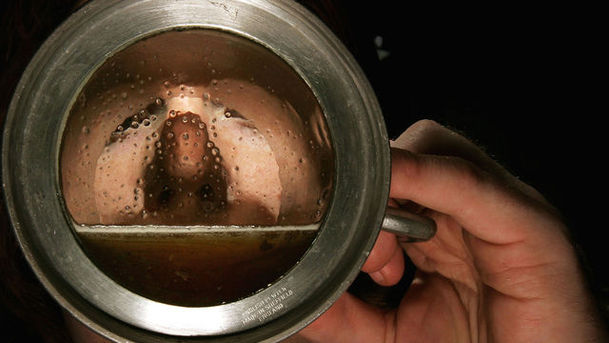Britain on the Bottle: Alcohol and the State - The Beer Act of 1830

Continuing his narrative history series on the ways in which the British state has dealt with the 'Drink Question', Mark Whitaker looks at the 1830 Beer Act - when parliament made the seemingly bizarre decision that the best way to decrease public drunkenness was to make access to alcohol easier. Why? It was believed that a recent upsurge in the consumption of spirits was a consequence of the quality of beer being so low; and this was because a handful of major brewers owned the pubs and controlled what they sold. The Times called this arrangement "an odious monopoly", and the phrase stuck. In 1830 an MP went as far as to call it "more oppressive to the lower orders than any other that has ever been imposed upon them." Free Trade was the solution of the day. The 1830 Beer Act made it possible for anybody who could come up with a payment of two guineas to get a license to sell beer in their own home. Over the next six months 25,000 licenses were taken out, and almost overnight a new landscape of drinking had been created in England. But within four years a Select Committee on drunkenness was meeting, and it began to be argued that the last thing an industrialising country needed was a drunk work force. For the first time there was serious public discussion as to what the social causes of excessive drinking might be, and people started talking about mass education as the key to change. Actors read from parliamentary debates, and from journals and newspapers. Producer: Mark Whitaker A Square Dog production for BBC Radio 4.